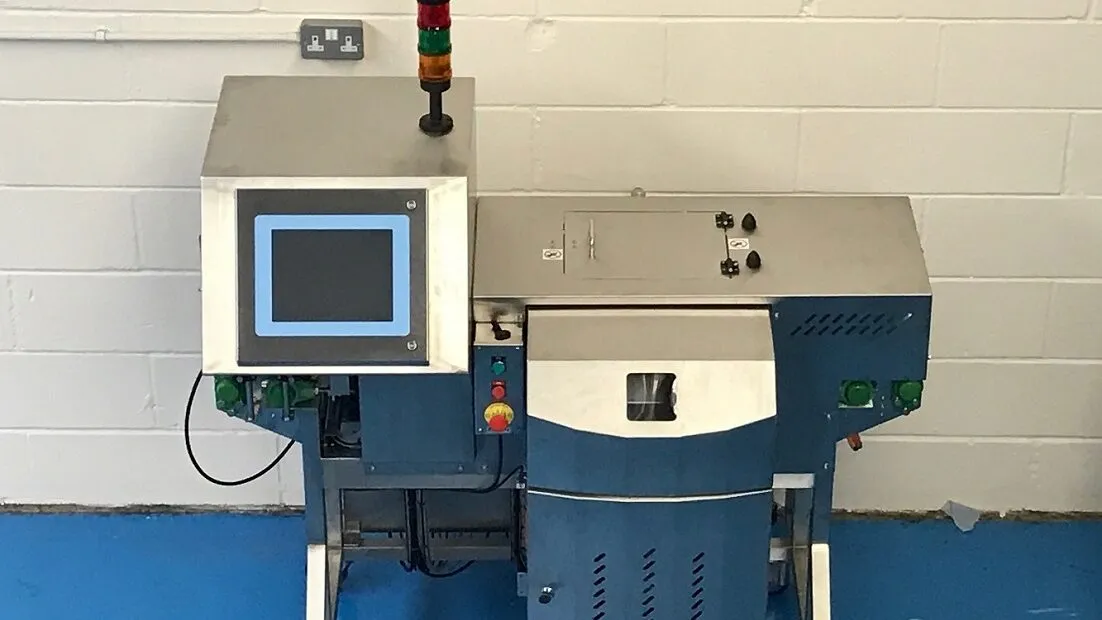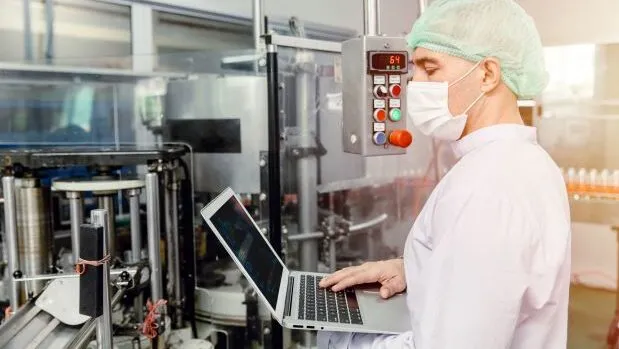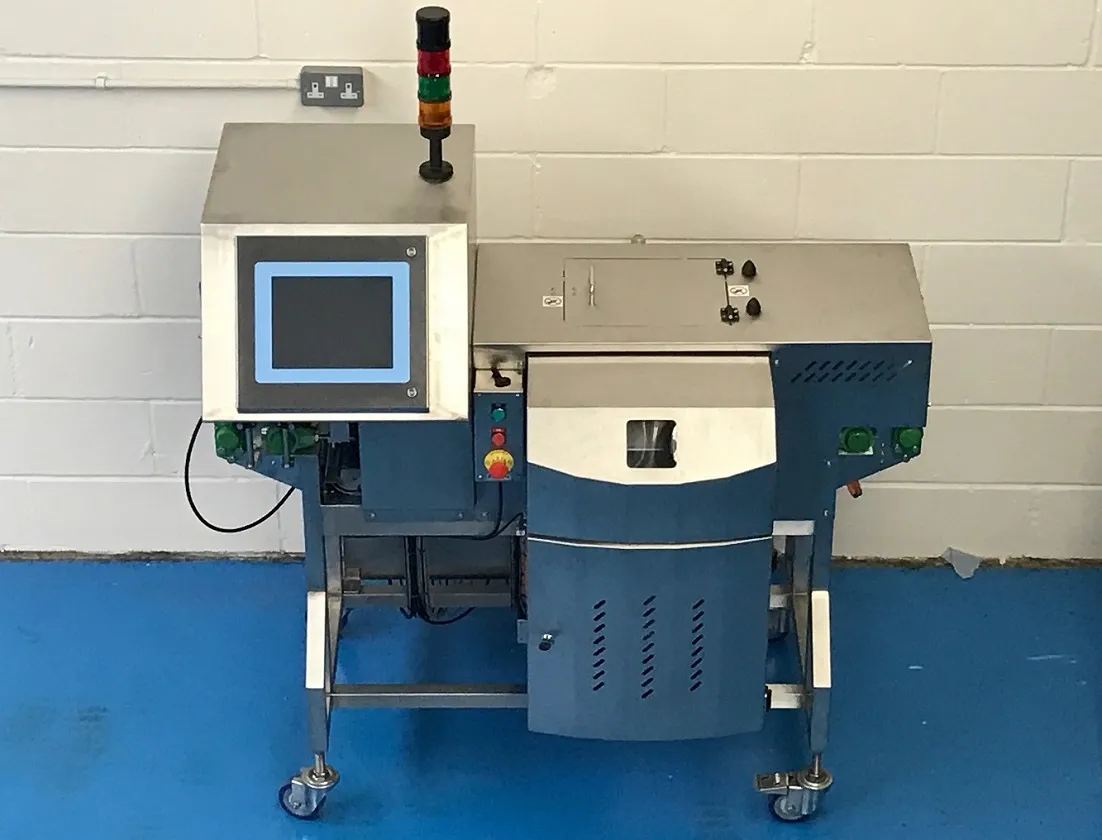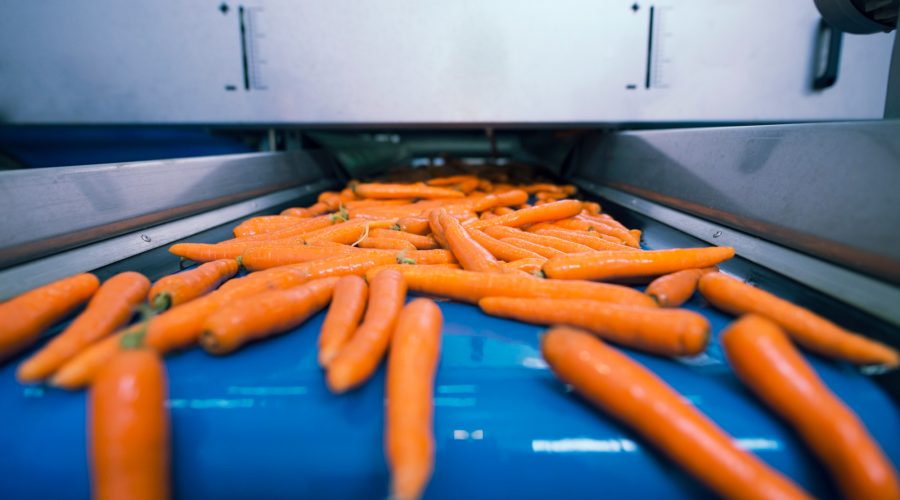In the ever-evolving landscape of the UK food industry, staying compliant with stringent food safety regulations is a top priority for manufacturers, suppliers, and distributors.
Ensuring food safety is not only critical for protecting public health but also for maintaining the integrity and reputation of food businesses. With the advancement of technology, navigating these regulations has become more manageable and efficient. This blog post explores how modern technology can assist food industry professionals in meeting UK food safety standards.
Understanding UK Food Safety Regulations
The UK has some of the most rigorous food safety regulations globally, primarily governed by the Food Standards Agency (FSA) and various EU regulations still applicable post-Brexit. Key regulations include:
- General Food Law Regulation (EC) 178/2002: Establishes fundamental principles, requirements, and procedures for food safety.
- Food Safety Act 1990: Provides the framework for all food legislation in the UK, ensuring food is safe to eat.
- Hygiene of Foodstuffs Regulation (EC) 852/2004: Outlines the general hygiene requirements for food businesses.
- Regulation (EC) 853/2004: Specifies hygiene rules for food of animal origin.
- Food Information Regulations 2014: Governs labelling, presentation, and advertising of food products.
The Role of Technology in Ensuring Compliance
Real-Time Monitoring and Data Collection
Modern food production facilities utilize Internet of Things (IoT) devices to monitor various parameters such as temperature, humidity, and hygiene in real-time. These sensors provide continuous data, ensuring that food storage and processing conditions remain within the safe limits set by regulations. Automated alerts can notify managers immediately if any parameter deviates from the acceptable range, allowing for quick corrective actions.
Traceability Systems
Traceability is a crucial aspect of food safety, enabling businesses to track the origin of their ingredients and the journey of their products through the supply chain. Advanced software solutions offer comprehensive traceability systems that record every step from farm to fork. This not only helps in meeting regulatory requirements but also in conducting efficient recalls if necessary, minimizing potential harm to consumers and reducing financial losses.
Digital Documentation and Record-Keeping
Maintaining thorough and accurate records is essential for compliance with food safety regulations. Digital documentation systems replace traditional paper-based records, offering a more efficient and error-free way to log critical information. These systems can store data related to inspections, cleaning schedules, employee training, and more, making it easily accessible for audits and regulatory reviews.
Automated Compliance Management
Compliance management software helps food businesses stay updated with the latest regulations and standards. These platforms can automate the process of compliance checks, schedule regular audits, and generate compliance reports. They also provide a centralized repository for all compliance-related documents, ensuring that businesses are always prepared for inspections.
Benefits of Technology in Food Safety Compliance
Efficiency: Automation and real-time monitoring reduce the manual workload, allowing staff to focus on more critical tasks.
Accuracy: Digital systems minimize human errors and provide precise data for better decision-making.
Transparency: Enhanced traceability and record-keeping build consumer trust and ensure accountability throughout the supply chain.
Proactive Management: Early detection of potential issues through continuous monitoring helps in addressing problems before they escalate.
Cost Savings: Efficient compliance management reduces the risk of costly recalls, fines, and reputational damage.
Navigating the complex landscape of UK food safety regulations can be daunting, but with the help of modern technology, it becomes significantly more manageable. By leveraging real-time monitoring, traceability systems, digital documentation, automated compliance management, and blockchain technology, food businesses can ensure they meet regulatory standards while maintaining high levels of efficiency and transparency. Embracing these technological advancements not only helps in safeguarding public health but also enhances the overall operational effectiveness and reputation of food industry players.
Stay ahead of the curve by integrating these technologies into your food safety practices, and ensure that your business remains compliant, competitive, and trusted in the ever-demanding market.

